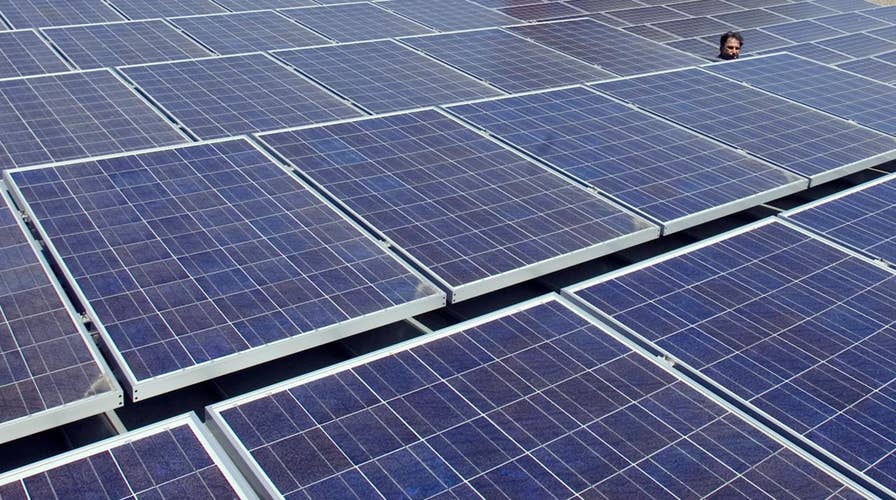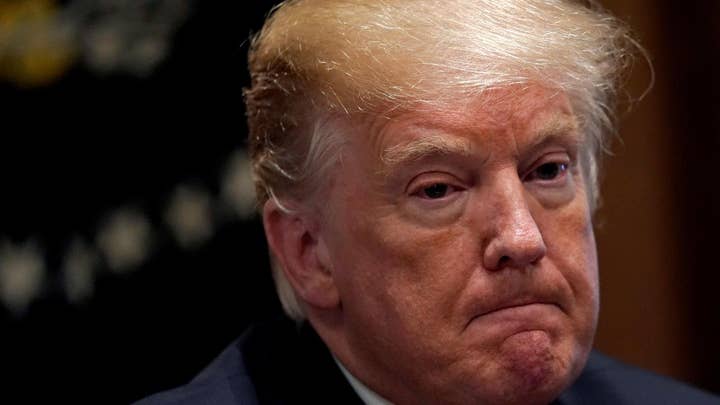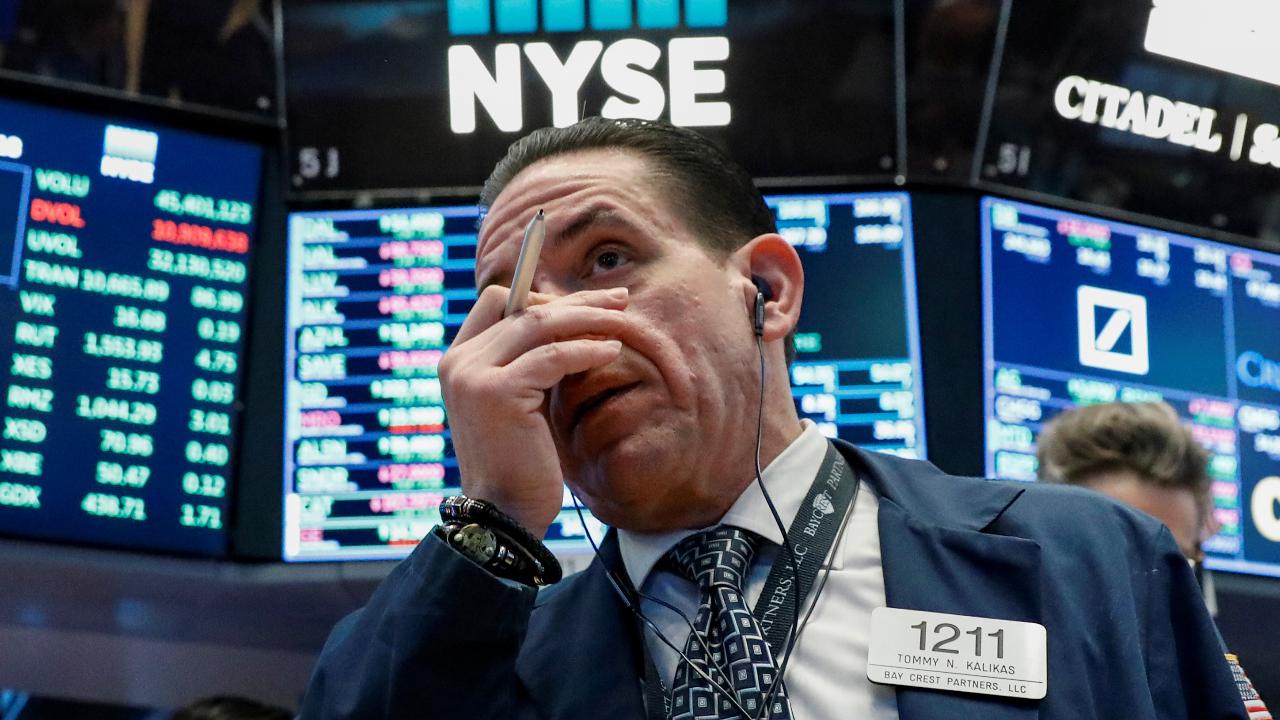Debate sparked over Trump's tariffs on solar panels
President Trump imposed a trade tariff on solar panels last month, Alicia Acuna reports on the decision's impact on companies in the US.
When President Donald Trump fulfilled a major campaign promise in January by imposing tariffs on imported solar panels, no one was happier than SolarWorld Americas CEO Juergen Stein.
“China was cheating, China was dumping, China had subsidies from the government,” he says. “Over 30 (American) manufacturers in the last five years have had to step out of the market because of dumping subsidized products in the United States.”
The two remaining American manufacturers, SolarWorld Americas and Suniva, both filed for bankruptcy and testified last fall before the bipartisan International Trade Commission, which unanimously recommended tariffs be imposed.
While signing his executive order Trump warned other nations: “Our companies will not be taken advantage of anymore, and our workers are going to have lots of really great jobs with products that are going to be made right here in the good old U.S.A.”
The tariffs will last four years, beginning at 30 percent in the first year, reduced annually until they hit 15 percent in the fourth year.
Stein says SolarWorld started rehiring workers and increasing output after the ITC’s ruling: “We are at the moment about 50 percent of our capacity and we want to ramp further and bring people back to work.”
While few deny that dumping of cheap foreign solar panels on the American market devastated manufacturers in this country, many in other sectors of the industry are not at all happy with the president’s action.
“I think it’s a tax on solar panels,” charges Clean Energy Collective CEO Paul Spencer. “It raises the price of solar, which then raises the price of electricity for every American.”
Spencer is a pioneer in a solar business model where people who can’t or don’t want to have panels on their homes can get solar power anyway. Companies like Clean Energy Collective build solar panel arrays and allow customers to buy the power generated by one or more of the panels.
“Solar has hundreds if not thousands of people who are building the arrays, constructing them, engineering them, the metal is all coming from local, the steel, etc.,” Spencer points out.
Some 250,000 people have jobs in the industry as a whole, according to the Solar Energy Industries Association, which said in a statement: “There were 38,000 jobs in solar manufacturing in the U.S. at the end of 2016, and all but 2,000 made something other than cells and panels.”
The association predicts the president’s “...decision effectively will cause the loss of roughly 23,000 American jobs this year, including many in manufacturing, and it will result in the delay or cancellation of billions of dollars in solar investments.”
“Protectionism is somebody just admitting failure,” said Al Lewis, business editor of the Houston Chronicle, which covers energy industries extensively. “When we can’t compete on a certain product, because labor’s cheaper somewhere else, we put in tariffs ... and they’re being cast in the rhetoric of a trade war. Well, a trade war is not going to be good for anybody.”
The European Union, China, South Korea, Taiwan and Singapore already have filed complaints with the World Trade Organization. International trade expert Chad Bown with the Peterson Institute for International Economics says WTO cases could drag on for a couple of years and are unlikely to have any immediate effect on tariffs.
He cautions though, that trading partners can find other ways to retaliate, like the announcement by China that it’s launching an investigation into alleged dumping of American sorghum on the Chinese market.
“That’s going to hurt Americans in a completely different industry: farmers that have nothing to do with the production of solar panels, and that don’t stand to benefit at all by higher solar panel prices.”
Lawsuits also have been filed against the Trump administration by three Canadian solar panel manufacturers claiming the tariffs violate NAFTA.
On the other hand, China’s largest solar panel manufacturer, Jinko Solar, has announced it now plans for the first time to build a plant in Jacksonville, Florida.















































